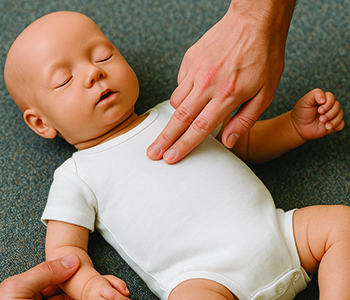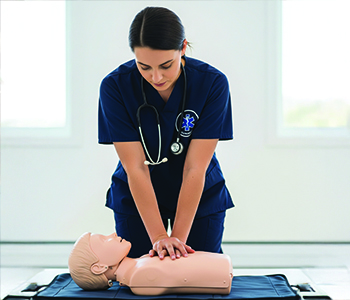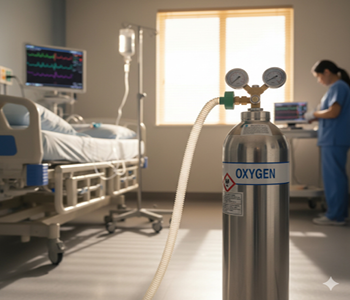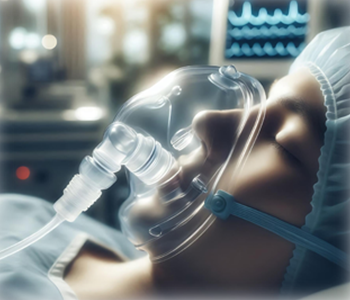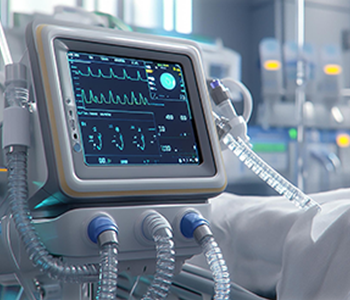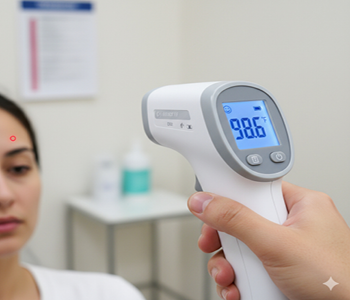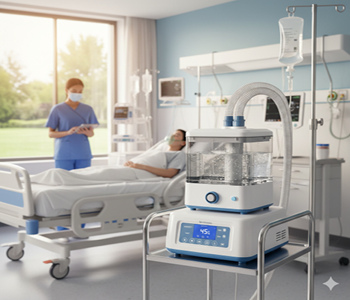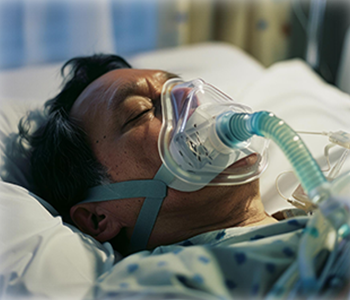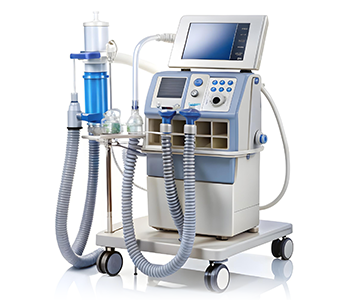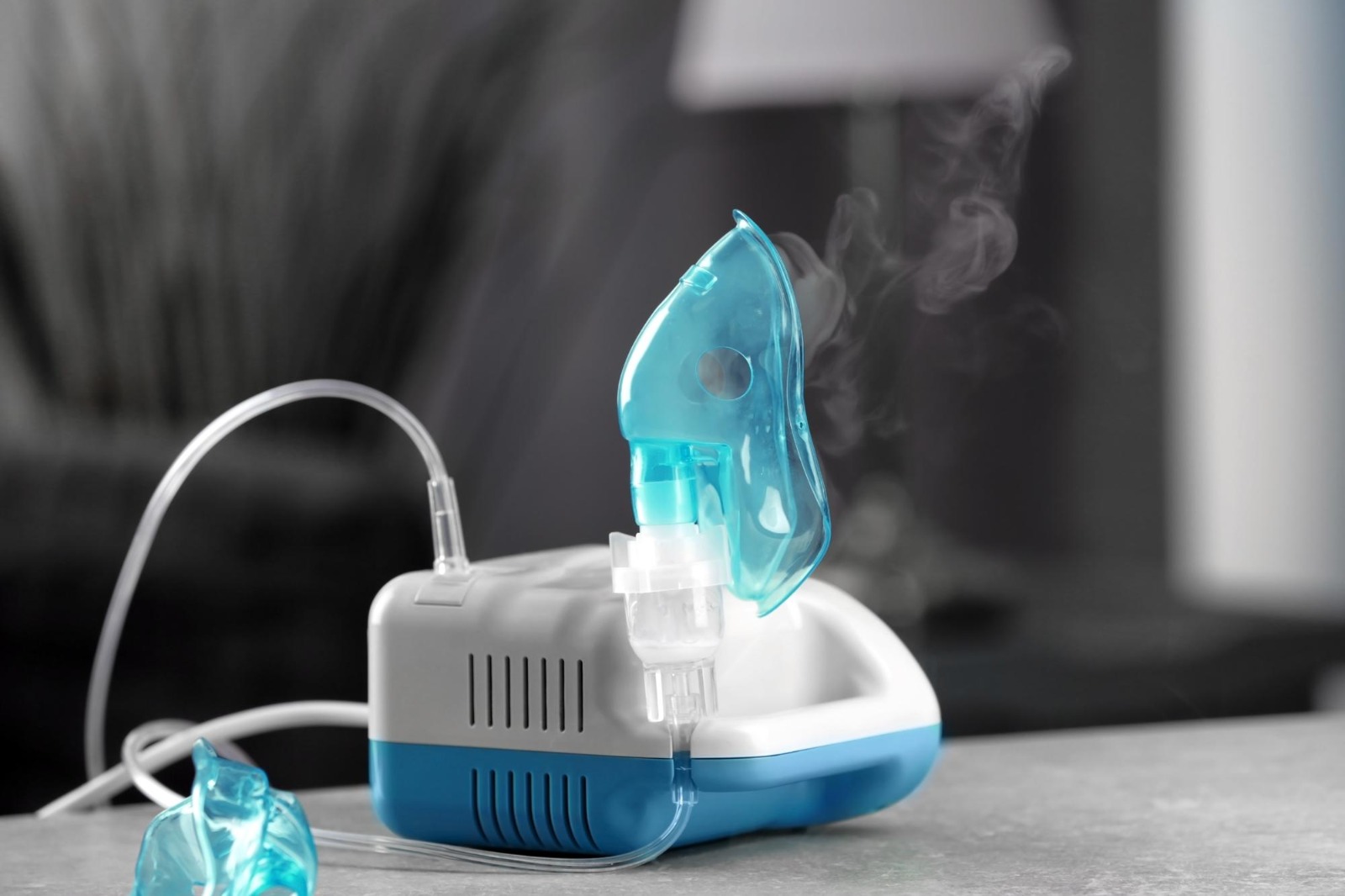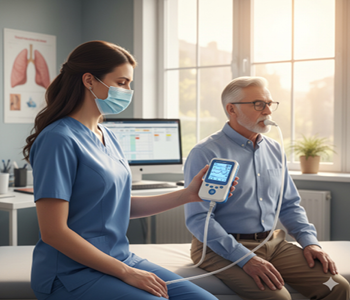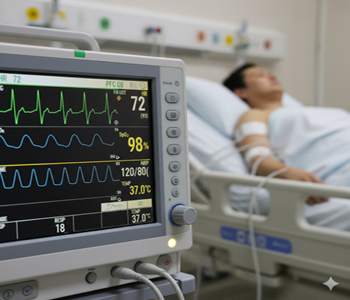
Overview
This comprehensive instructor-led upskilling program is designed for registered nurses working in or transitioning to cardiac care units. The course strengthens their theoretical knowledge and hands-on clinical skills through structured modules aligned with national healthcare standards. Delivered through blended learning (lectures, webinars, bedside training, simulation), the program covers core topics such as cardiac assessment, management of cardiac emergencies, use of advanced biomedical equipment, and nursing roles in diagnostic and invasive procedures. Nurses will gain practical exposure to handling cardiac devices, assisting in surgeries, and delivering postoperative and critical care. Emphasis is also placed on infection control, nursing quality indicators, and communication skills. Certification is awarded by the Healthcare Sector Skill Council (HSSC) Post completion of OSCE-based assessments, ensuring participants are competent to deliver high-quality cardiac care in both acute and post-operative settings.
What You'll Gain
Develop in-depth knowledge of cardiac anatomy, physiology, and disorders
Gain skills in cardiac assessment, monitoring, and rhythm interpretation
Perform post-operative care and manage cardiac emergencies (e.g., CPR, ACLS)
Learn to operate cardiac equipment (ECG, defibrillator, IABP, VAD)
Assist in invasive cardiac procedures and cardiac surgeries
Apply infection control and nursing quality parameters in practice
Strengthen soft skills for patient communication and team coordination
Receive nationally recognized certification from HSSC

Special Features
Instructor-led with blended learning (theory + practical + online modules)
Structured clinical rotations in cardiac units
Aligned with national standards and accreditation guidelines (INC, NABH)
OSCE-based assessment with simulation stations
HSSC Certification in collaboration with industry experts
Includes logbook-based tracking and internal evaluation
Ideal for nurses working in CCU, CTVS, Cath Lab, or cardiac wards
Course Eligibility: Registered Nurse with one year of clinical experience
Description
This skill enhancement course is designed to upskill nurses in advanced cardiac care procedures. Covering clinical, diagnostic, and emergency cardiac nursing, the course blends classroom teaching with hands-on practice in cardiac units. It includes simulation-based OSCE assessments and follows national standards. On completion, participants receive HSSC certification as skilled cardiac nurses. For hands-on/practical trainings, please contact elearning@healthcare-ssc.in or call 9266617232
Curriculum
Introduces cardiac anatomy, physiology, and fundamentals of cardiac nursing. Covers patient history taking, vital sign assessment, ECG monitoring, ABG interpretation, and cardiac medication management.
Covers etiology, symptoms, and nursing management of conditions like coronary artery disease, myocardial infarction, heart failure, hypertension, cardiomyopathies, and congenital heart diseases.
Focuses on post-operative nursing care, pacemaker management, dysrhythmia interpretation, and care of pediatric and adult patients with cardiac conditions including after revascularization.
Trains nurses to assist with ECG, echocardiography, TMT, cardiac catheterization, angiography, and other diagnostic procedures. Includes lead placement and report interpretation.
Develops emergency response skills including CPR, ACLS, defibrillation, IABP, VAD care, and administration of emergency medications. Covers airway management and thoracotomy support.
Prepares nurses for assisting in cardiac surgeries, managing ventilators, wound care, vascular access, and post-operative care. Emphasizes legal, ethical, and time management skills.
Recommended Courses
Discover the courses that are making a difference in healthcare.

Frequently
Asked Questions
Registered Nurses with at least one year of clinical experience in any healthcare setting are eligible.
It is a blended course, combining theory, simulation-based training, bedside teaching, and online components.
Participants receive a Skill Certificate from Healthcare Sector Skill Council (HSSC) after OSCE-based assessment.
Hands-on training is conducted in cardiac care units of accredited hospitals through structured duty rotations.
Assessment includes OSCE, written theory exam, viva voce, and logbook/internal evaluation.
You will be equipped for roles in CCU, CTVS, Cath Lab, emergency cardiac care, and cardiac surgical wards.

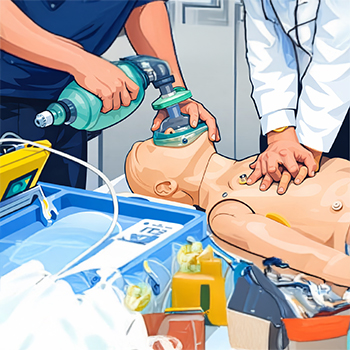
.jpg)
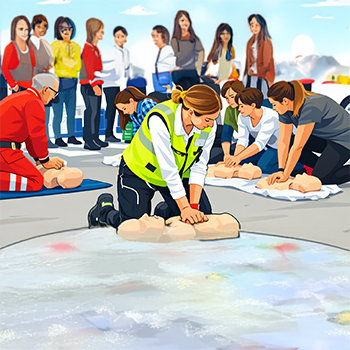
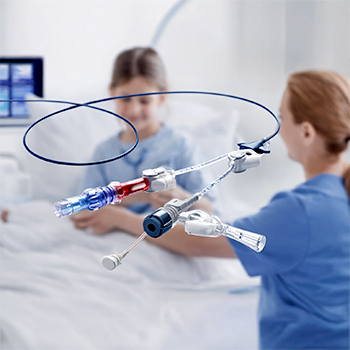
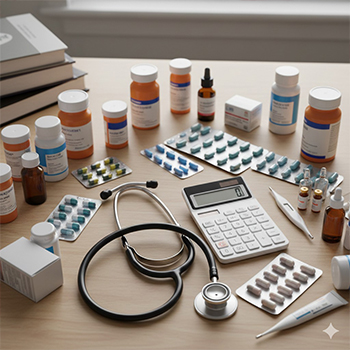
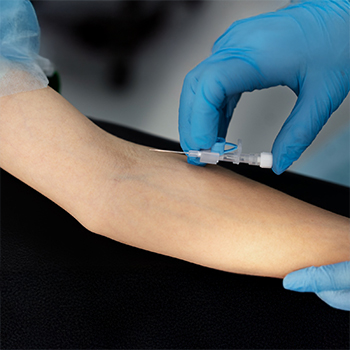

.png)

